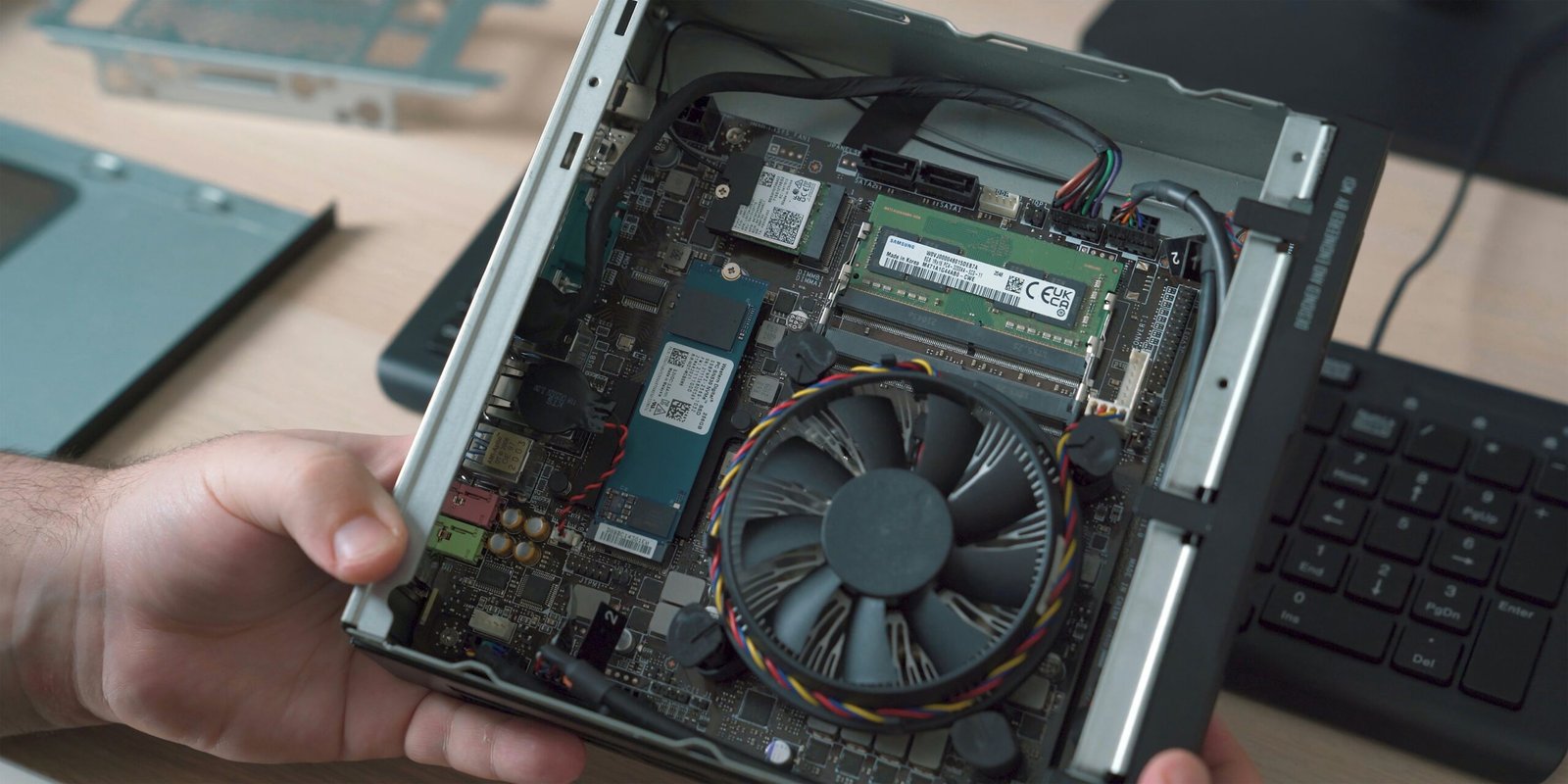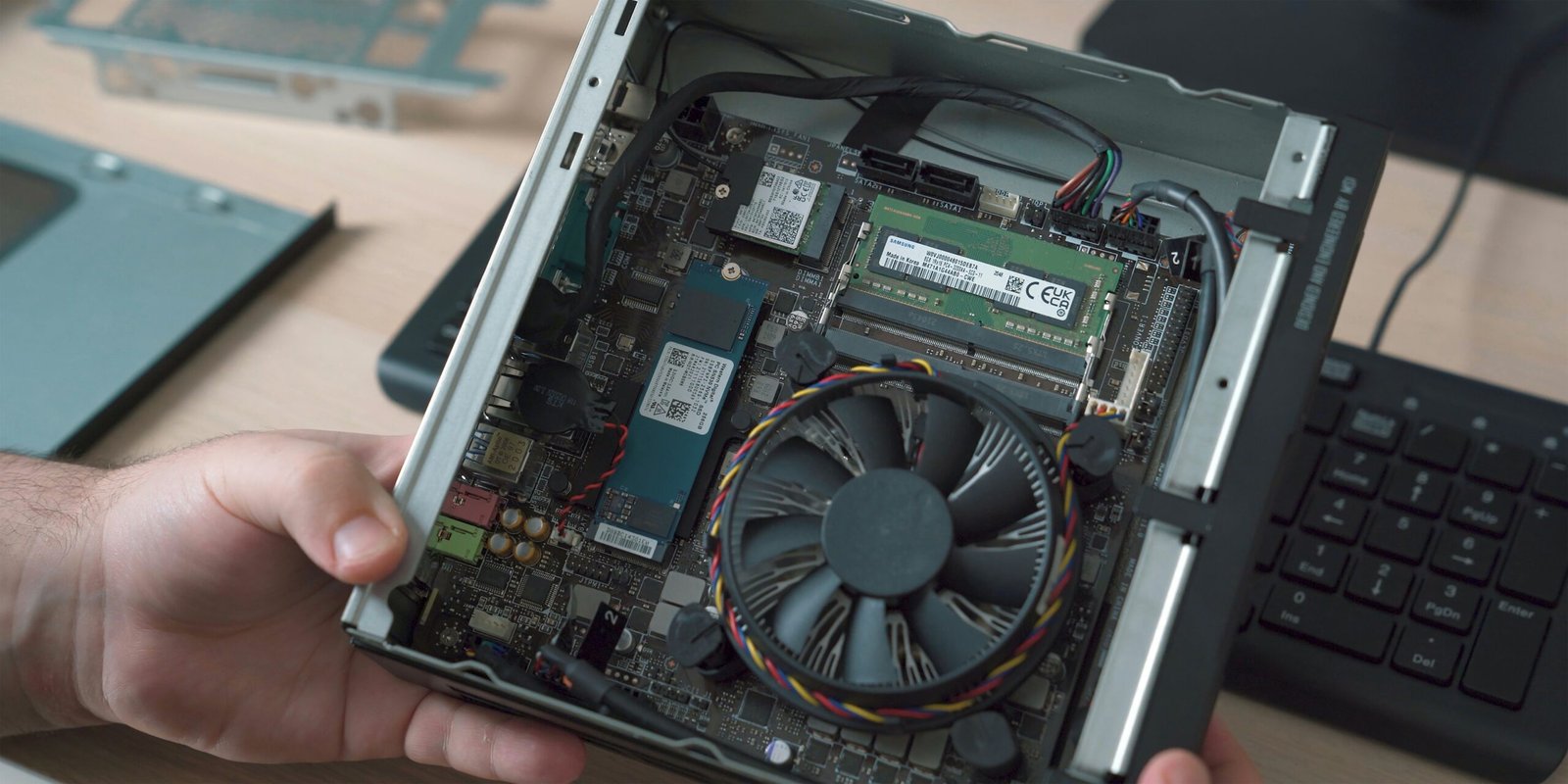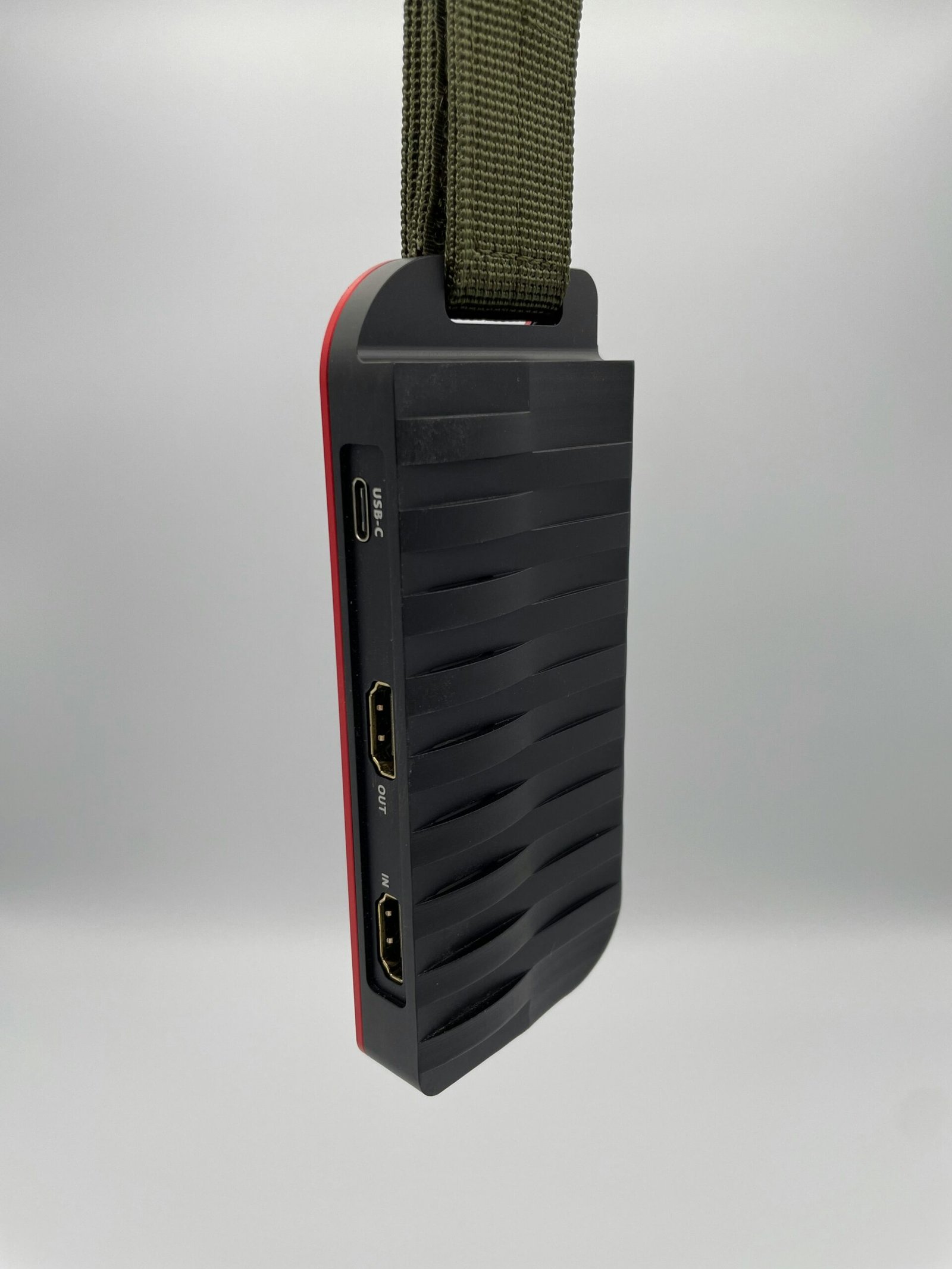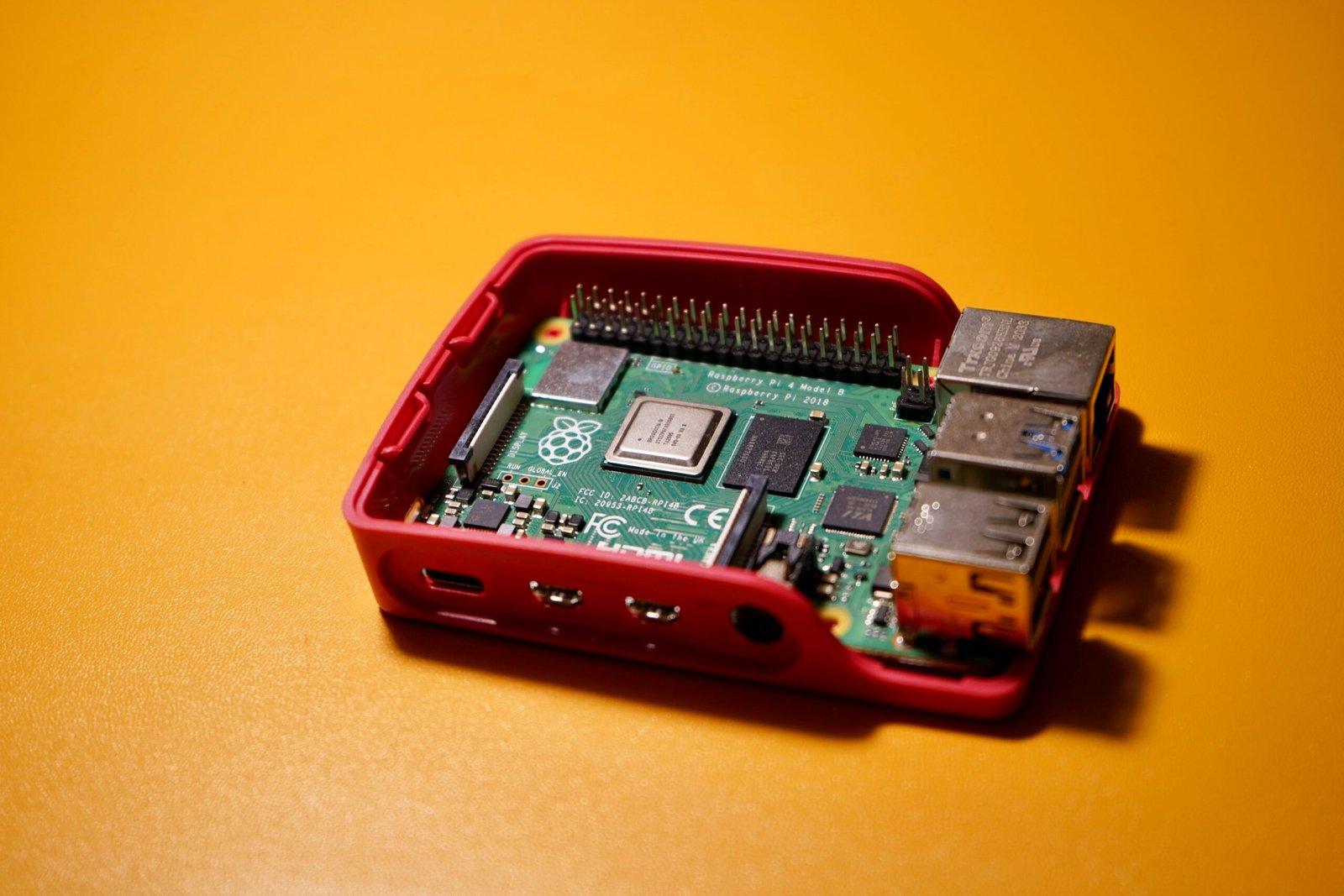How Long Does a Mini PC Last?
Introduction to Mini PCs: What Are They and Their Advantages
Mini PCs, as the name implies, are compact computing devices designed to offer the core functionalities of larger desktop PCs in a significantly smaller form factor. These diminutive devices have surged in popularity owing to their space-saving attributes, portability, and cost-effectiveness, making them a preferred choice for both personal and professional use. Unlike their bulkier counterparts, mini PCs easily fit into limited spaces, such as behind monitors or in tight office environments, thereby optimizing workspace utilization.
One of the principal advantages of mini PCs is their cost-efficiency. Generally, they come at a lower price point compared to traditional desktop systems, providing high performance within an affordable range. In addition, mini PCs are known for their lower power consumption, which not only translates to lower electricity bills but also contributes to an eco-friendlier computing environment. These systems often operate more quietly due to reduced heat output and fewer moving parts, ensuring a serene working atmosphere.
The portability of mini PCs cannot be understated. Their lightweight and compact design facilitate effortless transportation, allowing users to easily move their workstations between locations. This flexibility is particularly beneficial in contemporary remote and hybrid working scenarios where setting up a productive work area quickly and efficiently is crucial.
Considering these advantages, it is evident why mini PCs are gaining traction in various sectors; however, a pivotal question remains: how does the lifespan of mini PCs compare to that of traditional desktop PCs? This blog post aims to explore the durability and longevity of mini PCs, providing insights into factors that influence their operational lifespan and offering guidance for potential buyers looking at the sustainability and return on investment of these compact computing solutions.
Factors Affecting the Lifespan of a Mini PC
The lifespan of a mini PC is influenced by a multitude of factors, ranging from hardware components to environmental conditions. At the core, the quality and performance of hardware components significantly affect durability. The CPU (Central Processing Unit) and GPU (Graphics Processing Unit) are crucial, as higher-end processors are generally more resilient and capable of handling intensive tasks without overheating. RAM (Random Access Memory) capacity and quality also have implications, with higher capacities providing better performance and reliability over time.
Build quality is another critical aspect. Mini PCs from reputable manufacturers often use superior materials and craftsmanship, ensuring longevity. Companies known for their reliability tend to provide better after-sales support and updates, which can extend the device’s life. In contrast, lower-tier brands may cut corners, resulting in components that degrade faster.
Environmental conditions play a substantial role in a mini PC’s lifespan. Effective heat dissipation is essential, as excessive heat can degrade internal components and shorten the device’s operational life. A well-ventilated setting, free from dust accumulation, ensures optimal airflow and cooling. Mini PCs are particularly susceptible to overheating due to their compact nature, making proper ventilation and regular cleaning paramount.
The type and frequency of usage also contribute significantly. For instance, a mini PC used primarily for general computing tasks such as browsing, emailing, and document editing will likely experience less wear and tear compared to one used for gaming or professional work, which demands more processing power. Consistent, high-load usage can accelerate hardware degradation, whereas intermittent, low-stress use can prolong the device’s life.
In summary, the longevity of a mini PC is contingent upon a combination of factors including hardware quality, build standards, manufacturer reliability, environmental conditions, and the nature of its use. Paying attention to these aspects can help maximize the lifespan of your mini PC and ensure optimal performance throughout its life cycle.
Typical Lifespan of a Mini PC: Case Studies and User Experiences
The typical lifespan of a mini PC varies significantly depending on factors such as brand, model, and usage scenarios. According to user reports and expert reviews, the average lifespan of a mini PC ranges from three to five years. However, some users have reported longevity of up to seven years with diligent maintenance and moderate usage.
For instance, a study by TechRadar observed that users of Intel NUC mini PCs often experienced a lifespan of around four to six years. Specific models like the Intel NUC 8i5BEH, utilized in both office and light gaming environments, demonstrated robust performance for approximately five years before showing signs of wear or declining performance. In contrast, heavy-duty mini PCs, such as the Zotac Magnus series used for graphic-intensive tasks, averaged closer to four years of optimal performance, primarily due to the higher stress on the system components.
Real-world user experiences further illustrate these findings. John, a tech enthusiast, shared on Reddit that his Intel NUC 7i5BNK has been running flawlessly for over five years in his home office setup with regular software updates and minor hardware upgrades. On the other hand, Sarah, who uses her Gigabyte BRIX mini PC for video editing, noted that her device’s performance started to degrade after three years, necessitating more frequent component replacements.
Common issues encountered by mini PC users across various brands include thermal management challenges and limited upgradability, often leading to shortened lifespans under intense computational loads. Nonetheless, many users report satisfaction with the longevity provided by routine maintenance and appropriate workload distribution.
Statistics from a Consumer Reports survey in 2022 reveal that around 60% of mini PC users are content with their devices’ lifespan, aligning closely with expert analysis. These data points collectively underscore that while the lifespan of a mini PC can vary, proper care and usage play critical roles in maximizing their operational longevity.
Tips to Extend the Life of Your Mini PC
Owning a mini PC comes with several advantages, including its compact size and energy efficiency. However, to maximize its longevity, it requires regular maintenance and good usage habits. Here are some actionable tips to help you extend the life of your mini PC.
Routine maintenance is essential for any electronic device, and your mini PC is no exception. Periodically cleaning the external casing and internal components helps prevent dust accumulation, which can impede airflow and cause overheating. Use a can of compressed air to gently clean vents and fans without damaging delicate parts. Additionally, ensure that software is always up-to-date. Regularly installing updates for your operating system and applications not only enhances performance but also provides critical security patches.
Upgrading components is another effective way to breathe new life into your mini PC. Consider increasing RAM or switching to a solid-state drive (SSD) to boost speed and overall performance. Unlike traditional hard drives, SSDs have no moving parts, which makes them more durable and less prone to mechanical failure. Most mini PCs support these upgrades, but it is good practice to consult the manufacturer’s guidelines before proceeding.
Optimal storage conditions significantly impact the durability of electronic devices. Place your mini PC in a well-ventilated area to prevent overheating. Avoid exposing it to extreme temperatures or humidity, which can lead to component degradation. If possible, utilize cooling pads or stand-alone fans to further enhance airflow.
Proper usage habits also play a critical role in extending the life of your mini PC. Avoid running demanding applications simultaneously, which can strain the system. Instead, close unnecessary programs to free up resources. It is equally important to use surge protectors to guard against voltage spikes that could damage internal components. These small adjustments in daily usage can greatly improve the lifespan of your device.
By following these simple yet effective tips, you can ensure that your mini PC remains in optimal condition for an extended period. Regular maintenance, upgrading components, maintaining ideal storage conditions, and adopting proper usage habits are all essential practices that contribute to the longevity of your investment.







